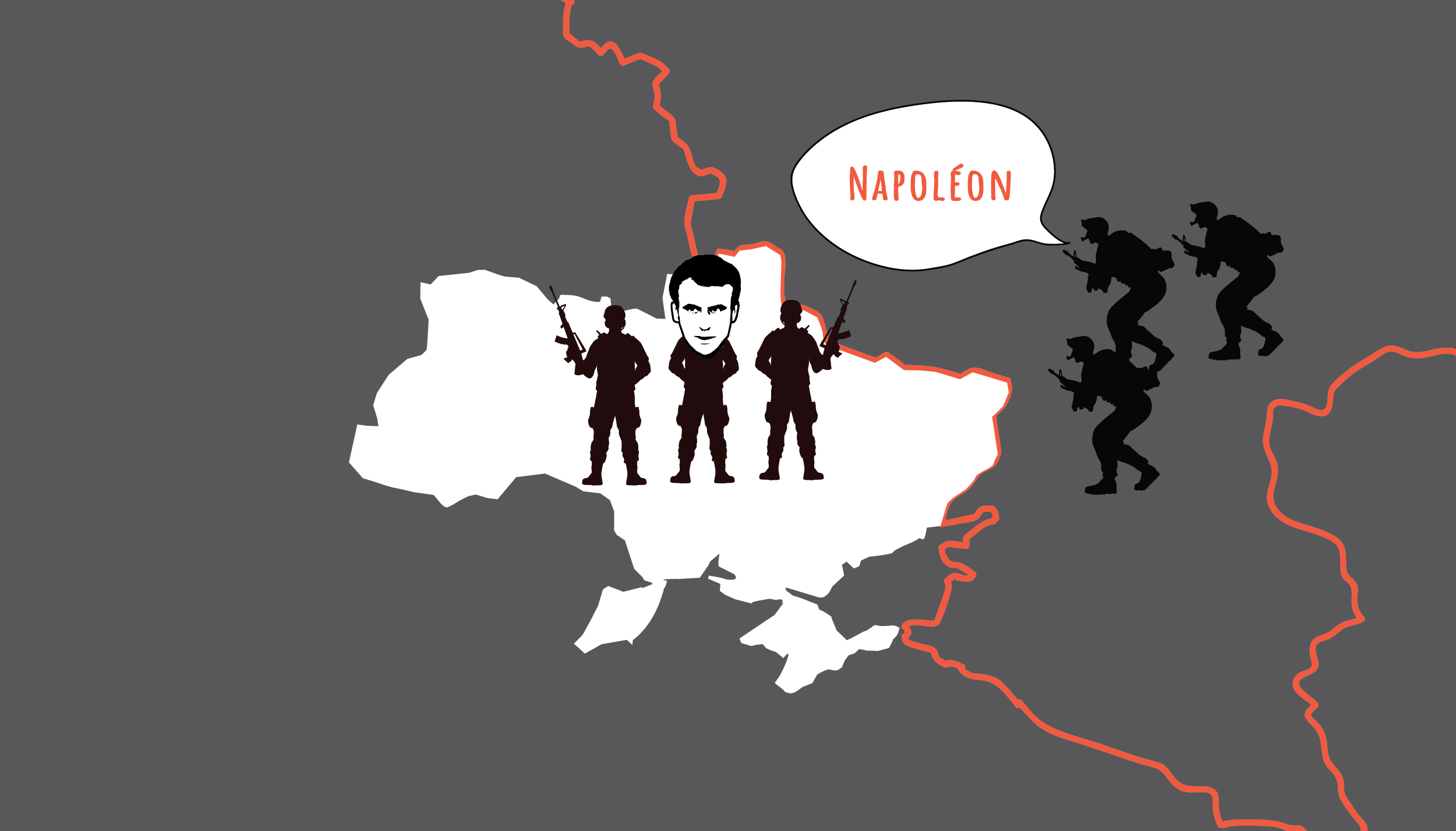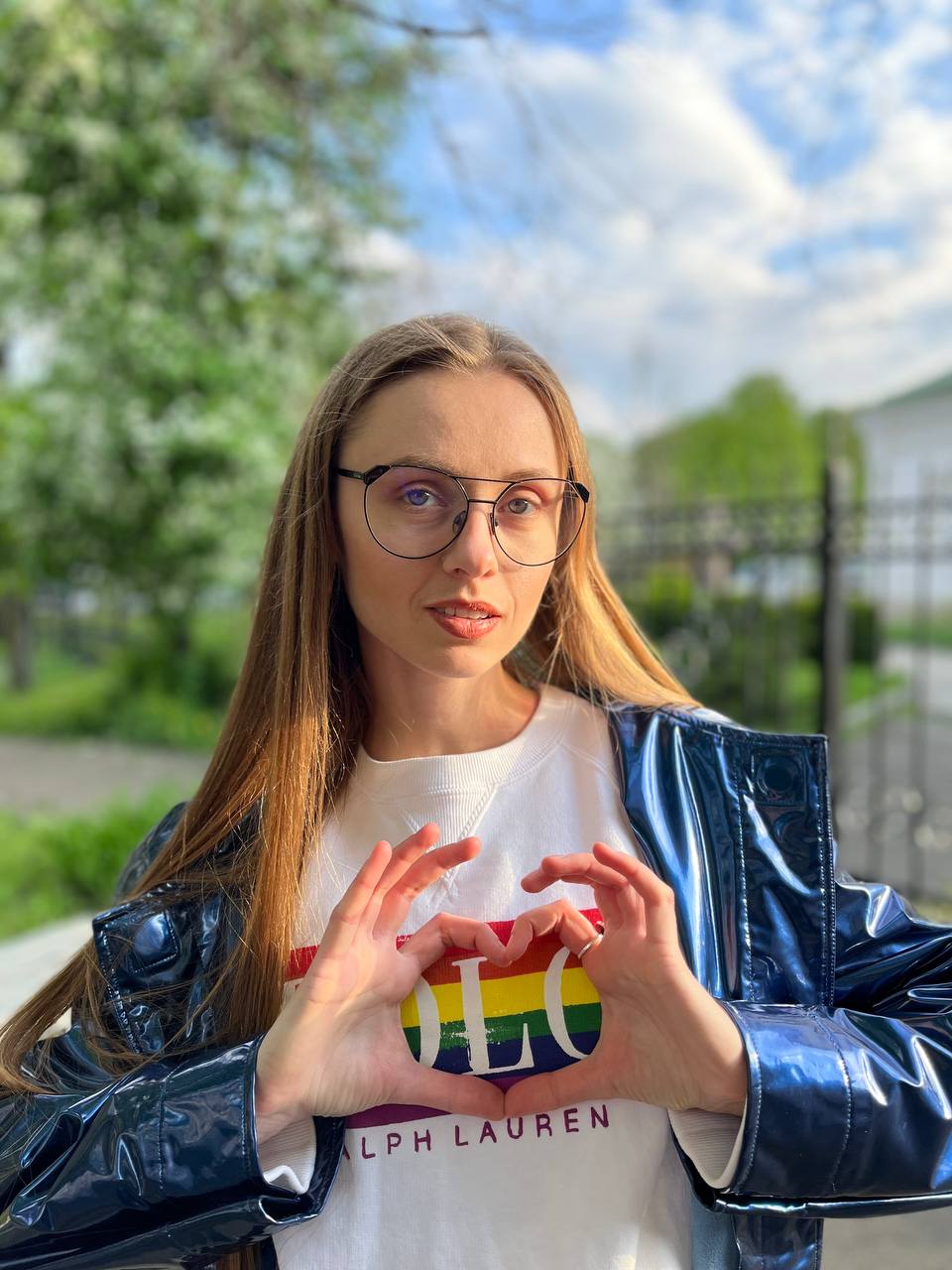Українською читайте тут.
During a summit held in Paris on February 27, 2024, French President Emmanuel Macron mentioned the possibility of deploying troops from NATO countries to Ukraine in order to assist Kyiv in dealing with Russian aggression. Macron indicated that this topic had been openly discussed, yet European leaders had not come to a consensus on the matter. The specifics of this potential deployment, such as whether it would involve military units, logistical support personnel, instructors, or operators of Western weapons systems, were not explicitly stated by Macron.
However, Macron did highlight that Western partners had significantly increased their support to Ukraine, surpassing what had seemed feasible in 2022. He cited the example of Germany, which initially provided Kyiv with helmets and sleeping bags at the onset of the invasion but is now working to supply additional tanks and missiles.
"There is no consensus today to send troops on the ground in an official, accepted and endorsed manner," Macron said. "But no option should be discarded. We will spare no effort to ensure that Russia does not emerge victorious in this conflict." On the subject of the possible participation of French troops in potential ground operations, Macron assumed a "strategic ambiguity": "I absolutely did not say that France was not in favor of it," he observed.
Financial Times indicated that Macron's statement was not a spontaneous remark or an error, but rather a deliberate response to persistent questioning from journalists. In response to the situation, NATO Secretary General Jens Stoltenberg stated that the alliance does not currently have any intentions to deploy its troops to Ukraine: “NATO allies are providing unprecedented support to Ukraine. We have done that since 2014 and stepped up after the full-scale invasion. But there are no plans for NATO combat troops on the ground in Ukraine.”
A number of European officials opposed Macron's proposal. Among them were some of Ukraine's supporters, including the United Kingdom, the United States, Poland, the Czech Republic, Spain, Italy, Germany, as well as Hungary and Slovakia — countries whose leaders have been criticized for their anti-Ukrainian stance. However, the Baltic countries welcomed Macron's idea: Estonian Prime Minister Kaia Kallas said that Western leaders should not rule out the possibility of sending ground troops to Ukraine. And the Minister of Foreign Affairs of Lithuania, Gabrielus Landsbergis, noted that the fate of Europe is being decided on the battlefields of Ukraine, so the initiative behind yesterday's meeting in Paris is worthy of attention.
In response to French President Macron's statement regarding the potential deployment of NATO troops to Ukraine, President Zelensky expressed support, stating that any initiatives aimed at bolstering Ukraine's defense against Russian aggression are beneficial for the global community. Mykhailo Podolyak, adviser to President Zelensky, welcomed the initiation of discussions on this matter, interpreting such rhetoric among European politicians as a recognition of the critical nature of the ongoing conflict with Russia.
However, Kremlin spokesman Dmitry Peskov voiced strong opposition, warning that the presence of NATO troops in Ukraine would inevitably lead to a direct conflict between the Alliance and Russia, escalating the situation further.
This article delves into the reactions from Russian agitprop to Macron's remarks regarding the potential involvement of NATO troops in Ukraine.
Macron-Napoleon
Several propagandists and official representatives of the Russian government have drawn parallels between French President Emmanuel Macron and Napoleon Bonaparte, a figure often associated in Russian memory with the Franco-Russian War of 1812. In Russian propaganda narratives, Napoleon is typically depicted as the aggressor who instigated the war with Russia in 1812, only to face defeat at the hands of Russian forces led by Kutuzov, resulting in a triumph for Russia. Macron's actions are being framed as reminiscent of "Bonapartism," characterized by ambitious but ultimately futile strategies.
Vyacheslav Volodin, the head of the Russian State Duma, utilized his Telegram channel to criticize Macron's statements, attributing them to a desire to boost his popularity. Volodin pointed to various domestic challenges in France, such as the prolonged protests of the "yellow vests" movement, economic stagnation, and political setbacks in Africa. "Macron forgot how a few years ago, comparing modern France with the times of Napoleon, he said that Bonaparte "didn't care about losses", but since then the country "puts human life above all else"... In order to maintain personal power, Macron did not come up with anything better, than to start the third world war. His initiatives are becoming dangerous for French citizens," wrote Volodin.
In his telegram channel, Solovyov also reproached the propagandists for the French leader in "Bonapartism": "Macron is a political upstart who, considering everything, decided to imagine himself as Napoleon."
"Napoleon's defecation, ask your ancestors how such antics ended for France in 1812... And you know, Comrade Macron, our people are such that even without uniforms they will go to tear off frogs' legs, even with their bare hands, if they reach out in our direction", were outraged in an anonymous Telegram channel that spreads pro-Kremlin rhetoric (93,000 subscribers).
Some of the manipulative messages related to the idea that the French president does not seem to have in mind the actual sending of troops to Ukraine, but only creates media sensations. He said that if there were such intentions, Ukraine's allies would not need additional agreements, consensuses and permits. For example, an anonymous Telegram channel (403 thousand subscribers) spreading hostile narratives wrote: "The consensus of the members of the meeting was not enough for Macron? This was not a meeting within the framework of NATO or the EU (where consensus is needed to make a decision)! After all, Macron does not need a consensus to stay in Africa. To send a German ship to fight the Houthis, Scholz does not need a consensus, but suddenly a consensus is needed here."
Russian propagandist and diplomat Maria Zakharova mocked in her Telegram channel (475,000 subscribers) that this prank is not serious at all, because Macron is supposedly going to "organize the Charlemagne II division (Charlemagne deux) to defend Zelensky's bunker," meaning 1st French division as part of the Waffen-SS troops of the Third Reich and thus once again appealing to the "Nazi nature" of Ukraine and reminding of Russia's "denazification" mission. And also once again repeating the widespread statement of Russian propaganda that all current European politicians are the descendants of Nazis.
"Kyiv's capitulation is near, the West is occupying Ukraine, and Russia will use nukes"
Propagandists seized upon the proposal to deploy a military contingent as evidence of an impending defeat for Kyiv. They further propagated the notion that the entrance of allied troops into Ukraine would signify its de facto capture, suggesting that the territory would be partitioned among various states. For instance, a pro-Russian Telegram channel boasting an audience of one million subscribers perpetuated this narrative. "If the Europeans start discussing this scenario, it means that things at the front are bad and many in the EU are already talking about the capitulation of Kyiv, and many forces in the EU are proposing to enter the case of the dismemberment of Ukraine in time by sending some contingents there, mainly to the western part of Ukraine... There is a feeling that Ukraine has already begun to be divided."
Another anonymous Telegram channel with 126,000 subscribers spreads alarmist theses. For example, if NATO violates the "red lines", then Russia will use nuclear weapons and defeat the Alliance: "Moscow at various levels constantly makes it clear that in the event of a war with NATO, due to the absolute mismatch between the capabilities of the Alliance and Russia in conventional weapons, Russia will immediately use nuclear weapons". Similar theses were disseminated in the Crimean occupation telegram channel to 57 thousand subscribers: "Everyone needs to understand that a direct ground operation of the EU and NATO countries on the territory of Ukraine is no longer special military operation." This post was accompanied by a mocking picture in which the NATO emblem was stylized as a Nazi swastika.
What do Macron's statements really mean?
At the onset of the full-scale invasion, Macron remarked that Putin could not be humiliated and needed to "save face." In 2022, he expressed skepticism about Ukraine's potential for EU membership in the foreseeable future. However, dialogue with Putin proved unproductive, as the dictator showed no readiness for compromises, leading Macron to recognize this reality. By his New Year's address in 2023, the French president assured Ukraine of support "to victory." In May 2023, France authorized Britain to export Franco-British Storm Shadow cruise missiles to Ukraine, subsequently delivering French SCALP-EG long-range cruise missiles. France took the initiative, surpassing the United States in this regard. In August of the same year, Macron emphasized the need for the European Union to adapt to varying decision-making speeds, particularly concerning the potential integration of Ukraine, Moldova, and Western Balkan countries. In early 2024, an "artillery coalition" spearheaded by France and the United States commenced operations in Paris. When the EU deliberated on allocating 50 billion euros to support Ukraine, Macron assured that Western leaders remained steadfast in their support, despite Putin's hopes for "Ukraine fatigue." Additionally, Macron urged against waiting for the outcomes of U.S. presidential elections, emphasizing the importance of immediate action in support of Ukraine, irrespective of external factors.
Initially, such statements can be interpreted as a means of testing "red lines." The assistance provided to Ukraine remains a dynamic process, with Western partners continually reaching consensus on increasingly intricate issues. It's worth recalling the extensive deliberations surrounding the provision of not only "defensive" but also "offensive" weaponry. Western democracies initially hesitated to participate in initiatives like a "tank coalition" or a "fighter jet coalition" due to concerns about provoking Putin. However, Ukraine has since received 230 Western-style tanks, and our pilots are undergoing training to operate F-16 aircraft, with Paris suggesting the possibility of supplying additional types of aircraft. Although European leaders have not indicated readiness to dispatch their own troops to Ukraine, such calls may motivate them to support Kyiv in alternative ways, such as through the provision of weapons and training programs for Ukrainian fighters.
Furthermore, Macron's statements must be understood within the context of France's aspirations for leadership in the security realm of the European continent. Since the establishment of the Fifth Republic in 1958, French General Charles de Gaulle, a pivotal figure in shaping French foreign policy, aimed to assert leadership in Europe while distancing the country from reliance on the United States. Presently, France's ambitions for European leadership remain, alongside improved and strategically significant relations with the United States.
These remarks also serve as a message to Putin, signaling that his objectives in Ukraine are unlikely to succeed as allies stand resolute in their united front against the aggressor. While consensus on deploying a military contingent to a non-NATO member country like Ukraine may be lacking, there is a tacit acknowledgment that such a possibility should not be discounted. Additionally, in the event of a Moscow-led assault on the Baltic states, Ukraine would emerge as a pivotal frontline in the collective effort to counter Russian aggression.



